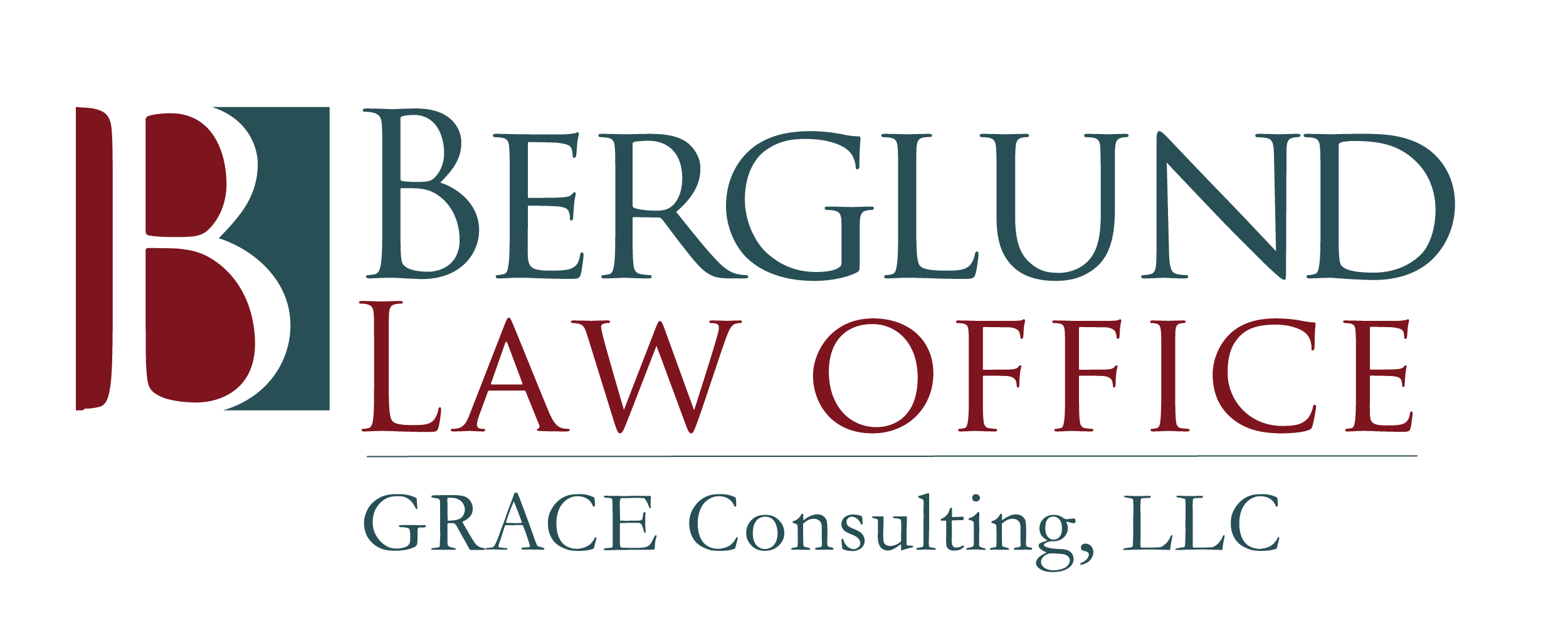
A power of attorney is a document authorizing someone to act on your behalf. You determine how much power the person will have over your affairs. The person who authorizes someone else to act on his or her behalf is called the “principal”. The person given the power to act on behalf of the principal is the “attorney in-fact”. The standard power of attorney is often called a “financial power of attorney” to distinguish it from the health care power of attorney. Powers of attorney may be “general” or “limited” powers of attorney—further discussed below.

THE MINNESOTA POWER OF ATTORNEY
Minnesota does not have a single, standard power of attorney document that is required by law, it does have a permitted statutory power of attorney form. This document is known as a Minnesota Statutory Short Form Power of Attorney. This document is the preferred document to be used by adult principals after January 1, 2014, in order to appoint one or more attorneys-in-fact.

MINNESOTA COMMON LAW POWERS OF ATTORNEY
The Minnesota Statutory Short Form Power of Attorney document is not the only power of attorney document which can be validly created in Minnesota. Powers of attorney created pursuant to non-statutory common-law can also be effective in Minnesota. However, the effectiveness of a Minnesota common law power of attorney document may be limited if a third-party will not recognize its validity.

GENERAL POWER OF ATTORNEY
A general power of attorney authorizes your agent to conduct your entire business and affairs.
LIMITED OR SPECIAL POWER OF ATTORNEY
A limited or special power of attorney authorizes your agent to conduct specified business, perform specified acts, or make certain decisions on your behalf.
DURABLE POWER OF ATTORNEY
When a power of attorney is considered “durable,” it remains valid even if you become incompetent or incapacitated. An ordinary power of attorney expires if a person becomes unable to make his or her own decisions. Durable powers of attorney can be prepared either to take effect immediately or to go into effect only if and when you become unable to make decisions for yourself. This is called a “springing power of attorney”. The power of attorney form you use should indicate what kind of power of attorney you want to use.

WHEN SHOULD I USE A POWER OF ATTORNEY?
You may want to use a power of attorney if you are unable or unwilling to handle your financial affairs yourself. You may also use a power of attorney to allow another individual to take care of your responsibilities if you become incapacitated. Having a power of attorney does not restrict you from doing these things on your own but instead shares these responsibilities with someone else.

HOW MUCH POWER DOES A POWER OF ATTORNEY HAVE?
You may give your attorney-in-fact as much or as little power as you wish. You could choose to give your attorney-in-fact power to do some or all of the following:
- Use your assets to pay your everyday expenses and those of your family;
- Buy, sell, maintain, mortgage, or pay taxes on real estate and other property;
- Manage benefits from Social Security, Medicare, or other government programs, or civil or military service;
- Invest your money in stocks, bonds, and mutual funds;
- Handle transactions with your bank and other financial institutions;
- Buy and sell insurance policies and annuities for you;
- File and pay your taxes;
- Operate your small business;
- Claim property you inherit or are otherwise entitled to;
- Hire someone to represent you in court; and
- Manage your retirement accounts.
